Research Internship in Vietnam
– Ninh Bình –
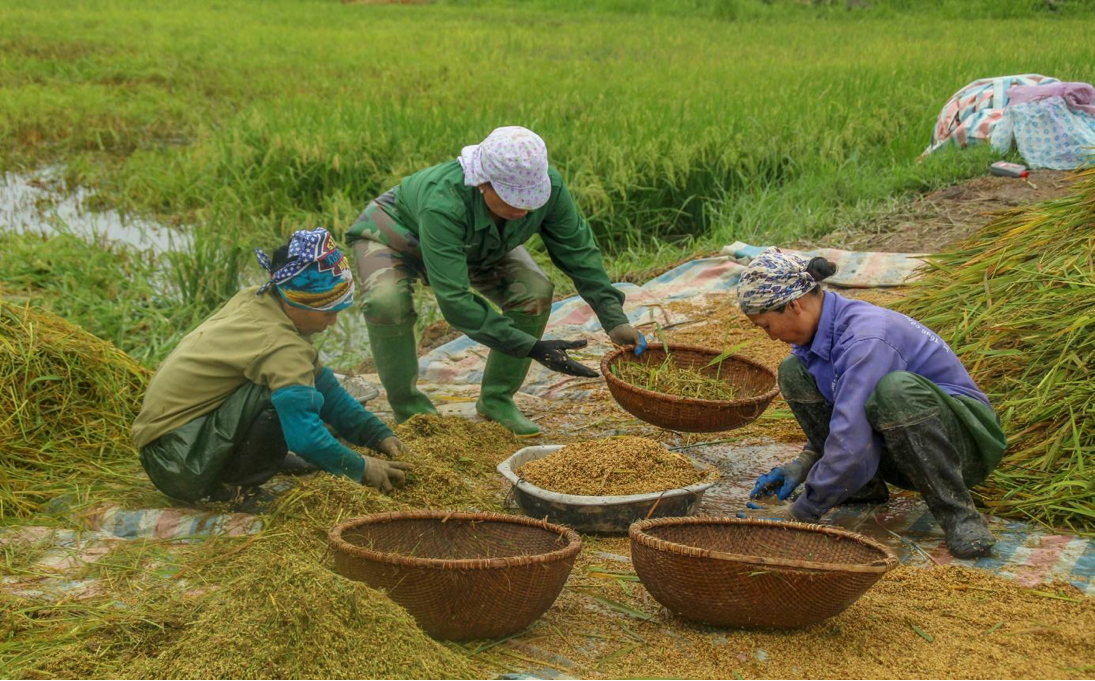
By Kim de Leeuw
Xin chào! Hello! For the past two years, I have been studying Sustainable Development. One of the highlights of the Master programme, was the course Research Internship for which we had to do research abroad. For me as a former tourism student, it wasn’t hard to choose the internship: studying sustainable tourism in Vietnam. Together with four other students I left home for two months to study sustainable tourism in the region of Ninh Bình. As it can be seen on the map, Ninh Bình is situated in the north of Vietnam and it is famous for it’s karst mountains. Some people also call it Halong Bay on land.
Each of us had a different research topic within the three pillars of sustainability and mine focussed on the social impacts of agritourism. Back at home, this seemed to be a really interesting topic because the Vietnamese ministry of Sports, Culture and Tourism of Vietnam had just launched the One Commune, One Product (OCOP) programme to further develop the agricultural sector and its services, including agritourism. The first thing I noticed when I arrived in Ninh Bình and started to speak with the inhabitants, is that the need for such a programme definitely exists. Most farmers are not satisfied with their lives because there are hardly any jobs that are as time consuming and physically tough as farming. The farming work never stops and to start at 3:00 AM is not unusual. The farmers wish a different life for their children and most of those children already made a change and have started to work in factories. However, this is also not the type of work that is being preferred, but transitioning is hard without having had specified education and money to make the change.
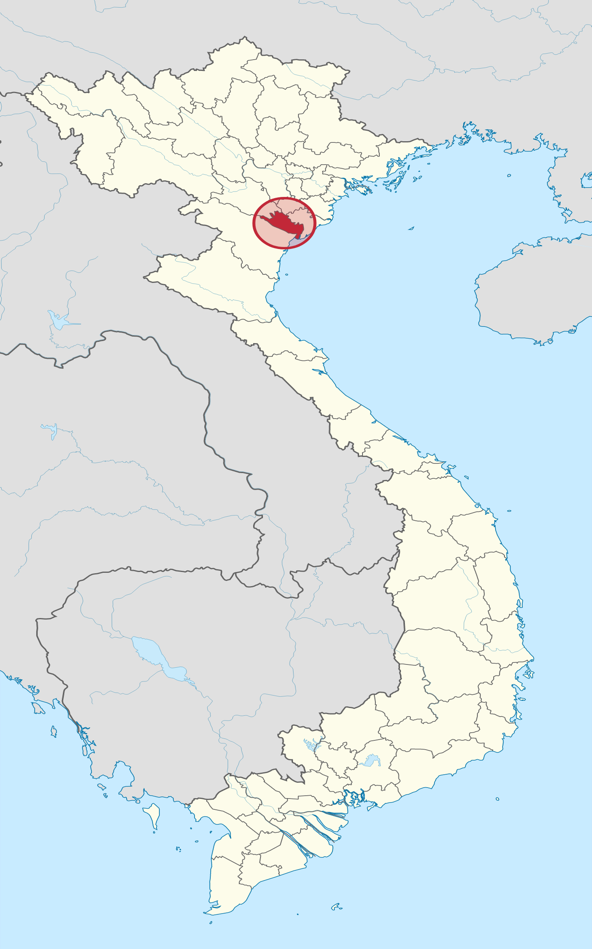
None of the farmers and people working in agritourism have received any help from the government or were part of the OCOP as the regional department of the ministry seemed to have different priorities regarding tourism with the traditional tourist attractions Tam Coc and Trang An as spearheads. Tam Coc (UNESCO world heritage site) and Trang An are both natural sites where you can take a boat tour on the Ngo Dong river that takes you through the karst mountains and rice fields. All farmers that I have spoken to, expressed interest of working in the tourism industry. The main reason for them to diversify their work is that farming itself does not give much revenue and an additional money stream is preferred. Though, there are other reasons in place which make tourism the more interesting industry. The farmers see the potential of the area and they want to share the beautiful scenery and traditions with other people. Besides that, they would like to educate others on how to respect nature. But most importantly the farmers value the interaction with the tourists. They are interested in other cultures and languages, and are eager to talk to other people. So if you are travelling, try to start a conversation with someone who is not working in the tourism industry. Most of them will love it if you express interest in their life. We have experienced that there is a strong focus on learning English at school, so a lot of children will be able to communicate a bit in English.
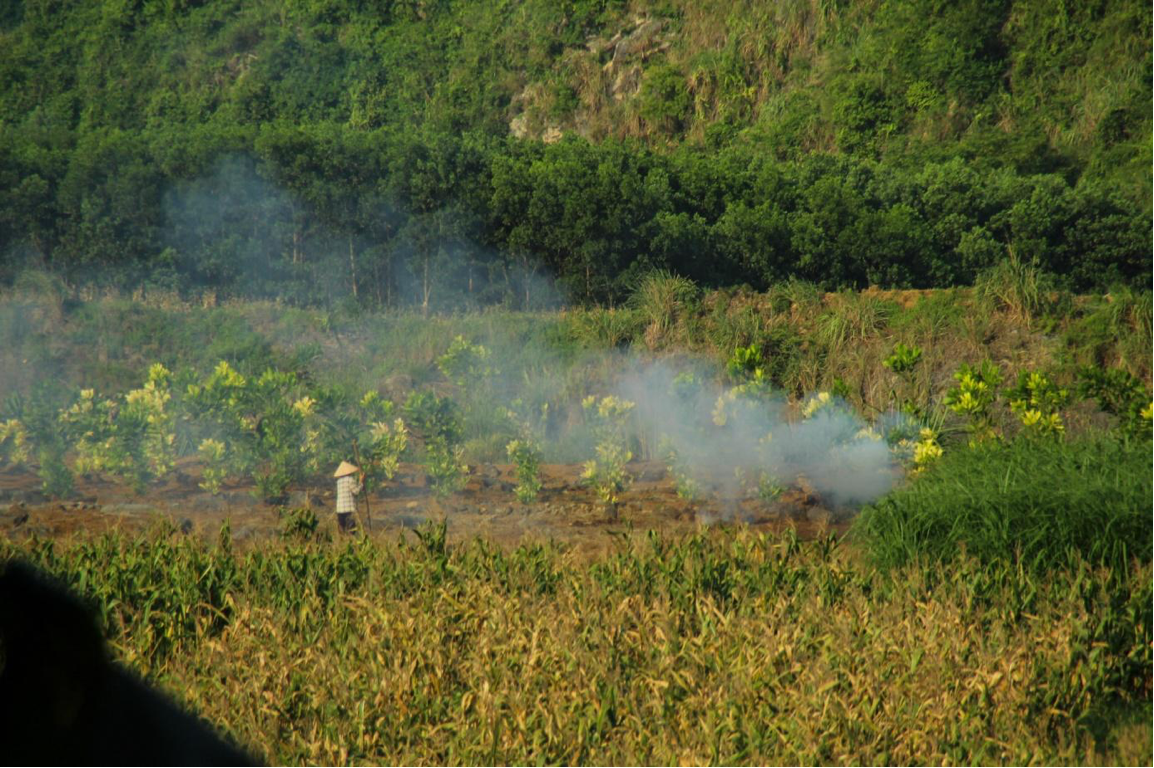
As a result of the study, I came closer to the local people and that was very interesting and enriched my travel experience. Already in the first week in Ninh Bình we were invited to come reaping rice which was easier said than done. As you can see in the photo, you have to go into the wet rice fields to reap the rice by hand. The only tool you get is a sickle. Except for one, all farmers harvest manually and machines are nowhere to be found. Hence, the job is pretty rough on the body. While looking at the photo, you might be wondering why we are wearing shorts. They advised us to go into the paddies in shorts and barefoot so that we would not get all muddy. The farmers themselves wear long boots and protective clothes against the insects and sun, but they are doing the work the entire day, day in, day out, and we were in the field only for a short amount of time.
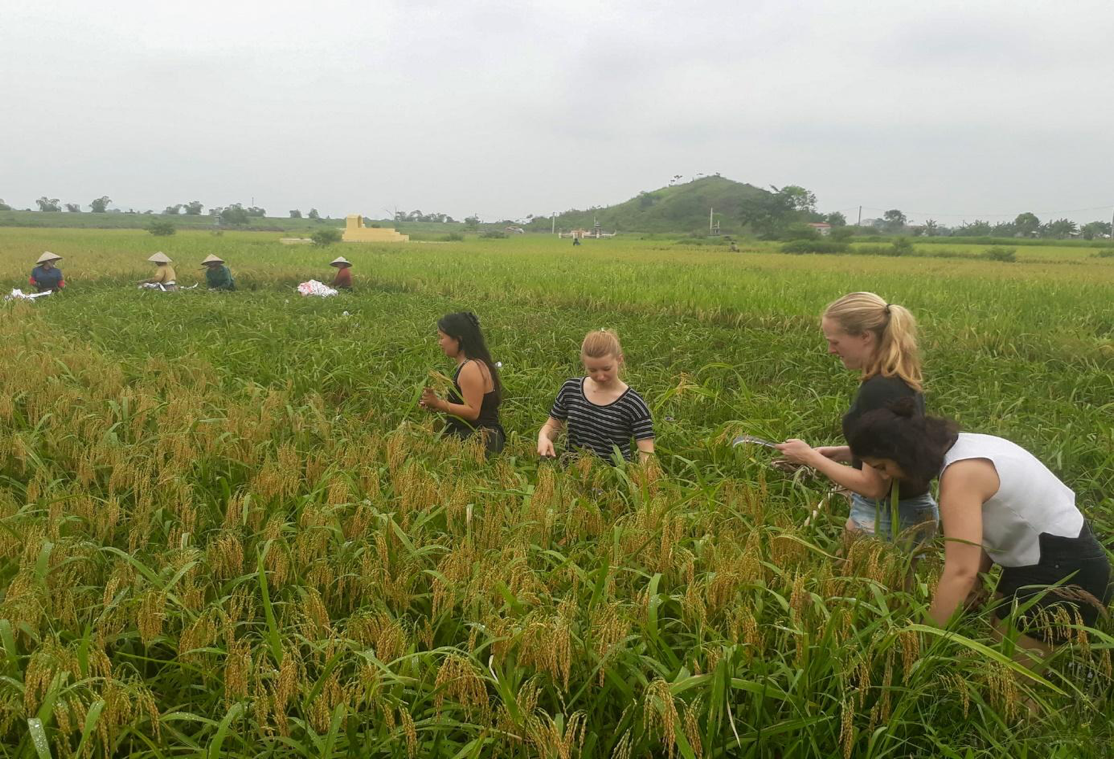
Harvesting the rice is only a small part of the job. The rice that is harvested has to be dried and sifted as well. Especially the drying of rice on the asphalt results in some interesting scenes for people who are not used to it. The photo below gives an example of what this looks like. In the Netherlands it would be unthinkable that farmers use roads to process their products whereas in Vietnam this is a common given. Experiences like these where you get invited into the home of a local or where you can experience an aspect of their working life, are an enriching part of my travels. This is where I get to understand the local culture a bit better and often these are moments that I cherish most because they were unexpected and outside of the standard travel patterns. To me, agritourism at a working farm would therefore be one of the things I would definitely recommend you to undertake when travelling. Cảm ơn! Thank you!
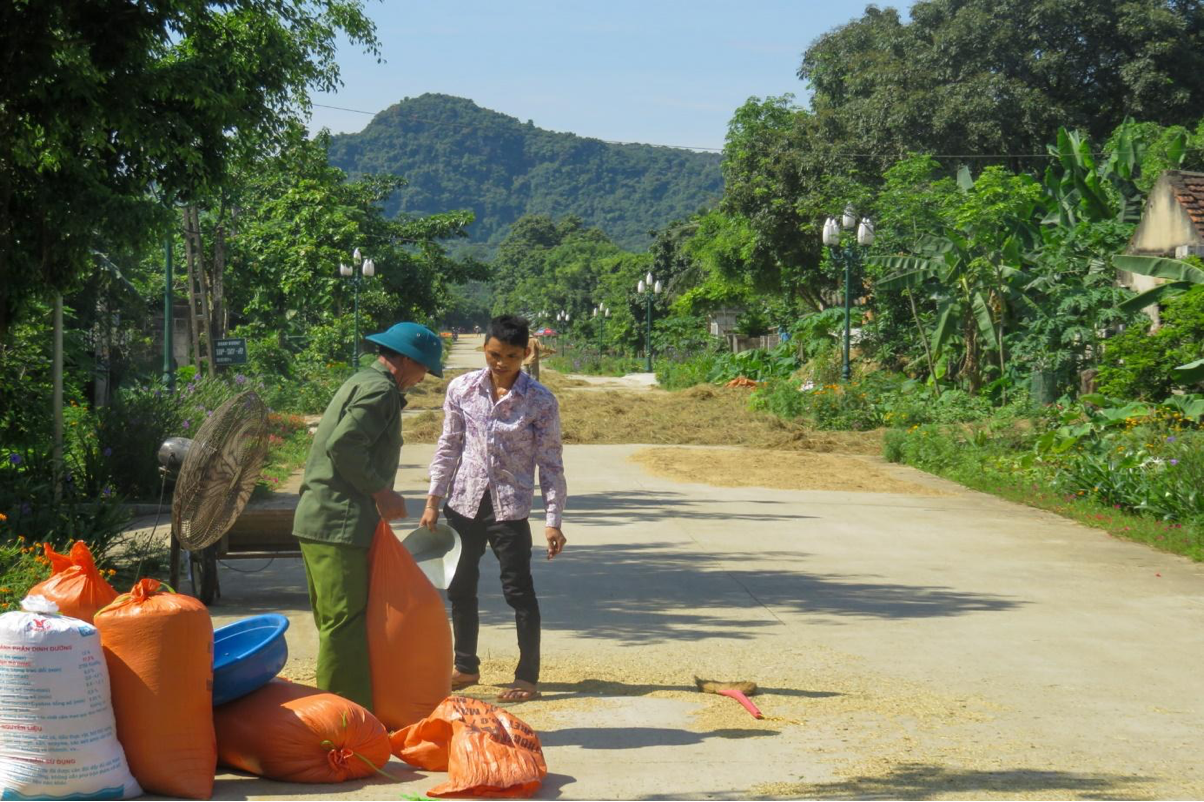


This Post Has 0 Comments